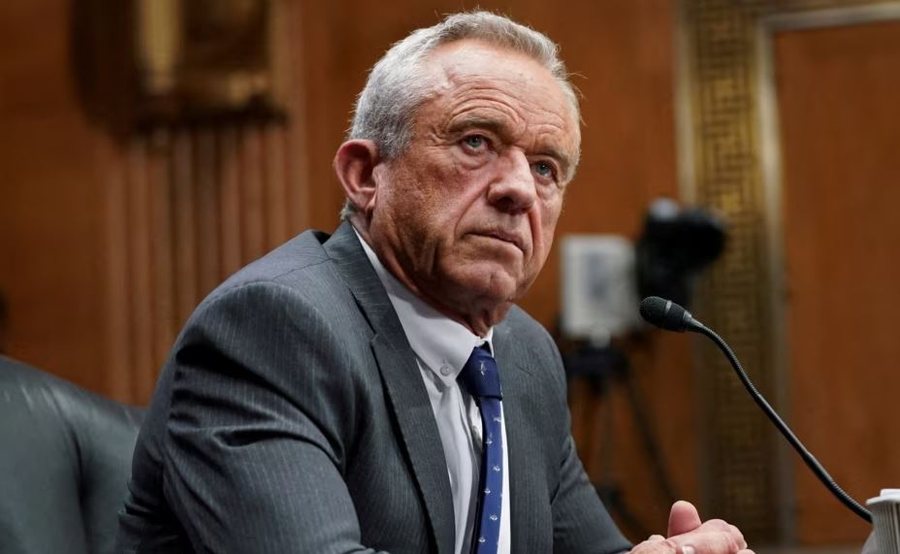
The US Senate on Thursday approved the nomination of Robert F. Kennedy Jr., a vaccine critic, for the post of Secretary of Health and Human Services.
He received 52 votes in favor and 48 against. Senator Mitch McConnell of Kentucky was the only Republican to vote against him, joining the 47 Democrats who opposed Mr. Kennedy's candidacy.
The latter has vowed to protect existing vaccination programs as he made efforts to secure the votes of hesitant senators.
He is now expected to oversee many high-profile agencies, including the Centers for Disease Control and Prevention (CDC).
After Mr. Kennedy is sworn in on Thursday, President Trump will sign an executive order to create a commission called MAHA, named after the slogan "Make America Healthy Again."
As White House spokeswoman Caroline Leavitt announced to the American network 'Fox News', he will instruct the new Secretary of Health "to investigate the chronic disease crisis that is plaguing our country."
Mr. Kennedy, 71, an environmental lawyer, has long cast doubt on the safety and efficacy of vaccines that have helped curb diseases and prevent millions of deaths for decades.
He will now lead a government department with a budget of over $3 trillion. Also under the purview of the Health Department are the Medicare and Medicaid programs that provide health insurance to over 140 million Americans, and the National Institutes of Health.
Mr. Kennedy has said he wants to work to end chronic disease and any ties between FDA employees and the pharmaceutical industry. He will also require water agencies in America to remove fluoride from their water. Opponents say he is not qualified for the job because of his prominent role in the anti-vaccine movement.
His path to confirmation was fraught with difficulties, and he did not always seem to have the necessary votes among Republicans. He had to confront his past as a member of the Democratic Party, his previous views in support of abortion, and his stance on vaccines. Several prominent members of his family, including his cousin Caroline Kennedy, also publicly called for his non-confirmation.
Eventually, Senate Republicans dropped their objections as they have done for every one of President Trump's appointees so far.
After the Senate vote, Stephen Ubl, chief executive of the Pharmaceutical Research and Manufacturers of America, the industry's leading lobbying organization, said drugmakers look forward to working with the Trump administration to address reducing the burden of chronic disease, improving health outcomes and making health care more affordable for Americans, he said in a statement.
"We also need to curb abuses that drive up costs in pharmacies."/ VOA (A2 Televizion)











